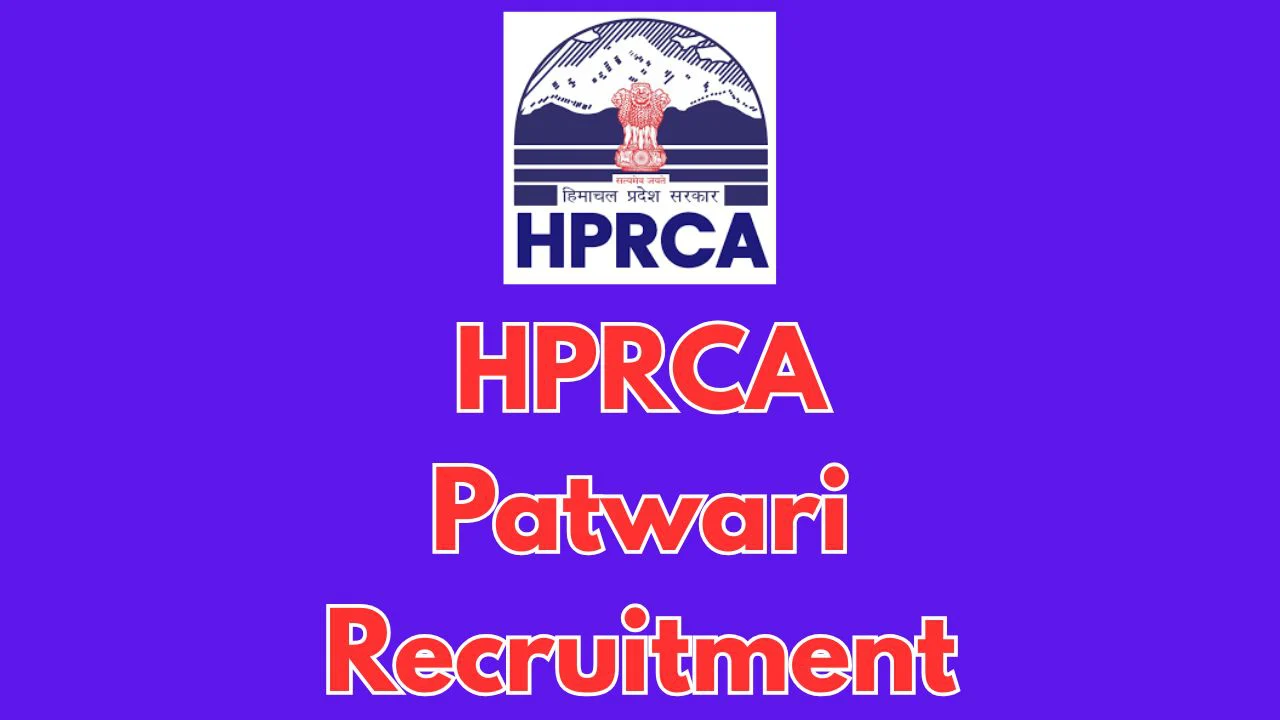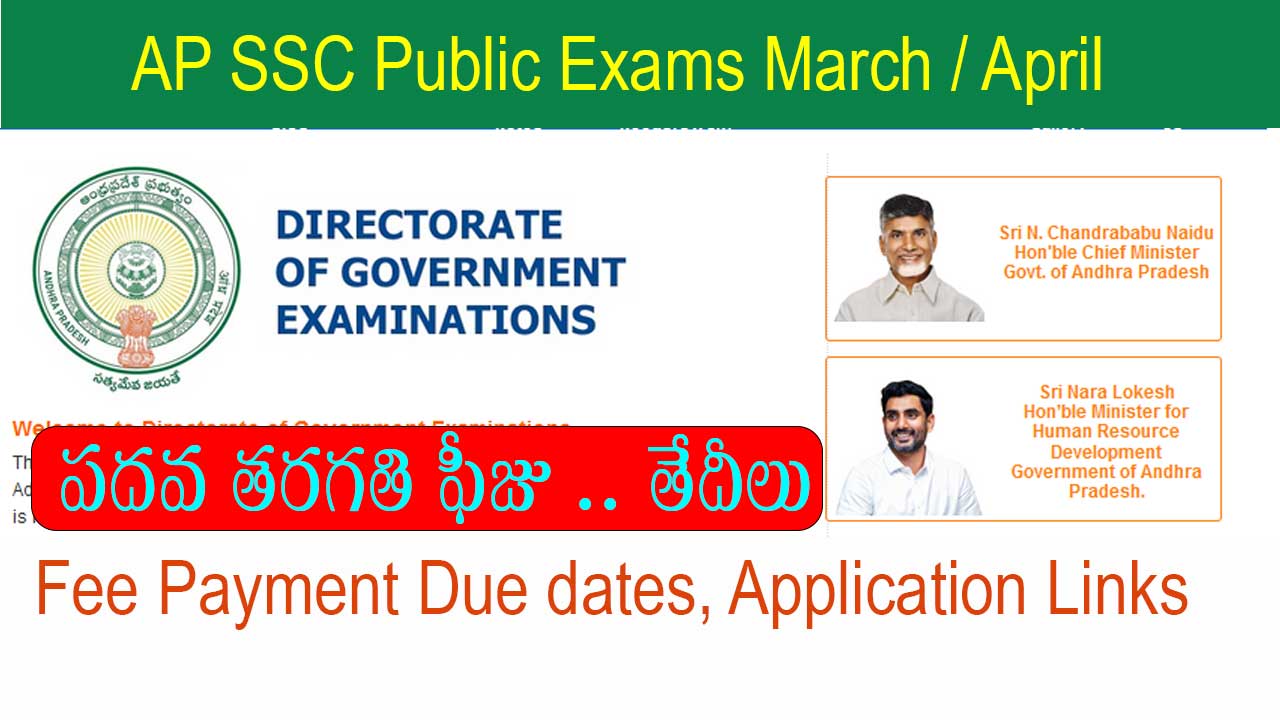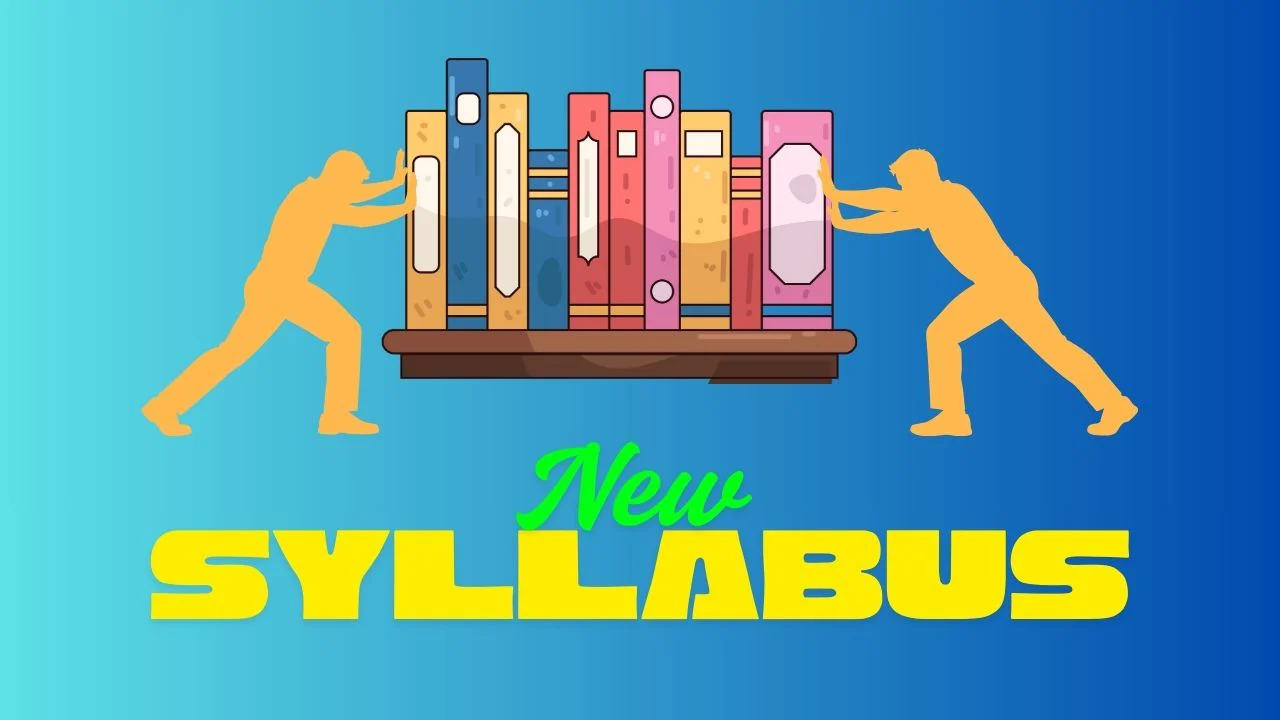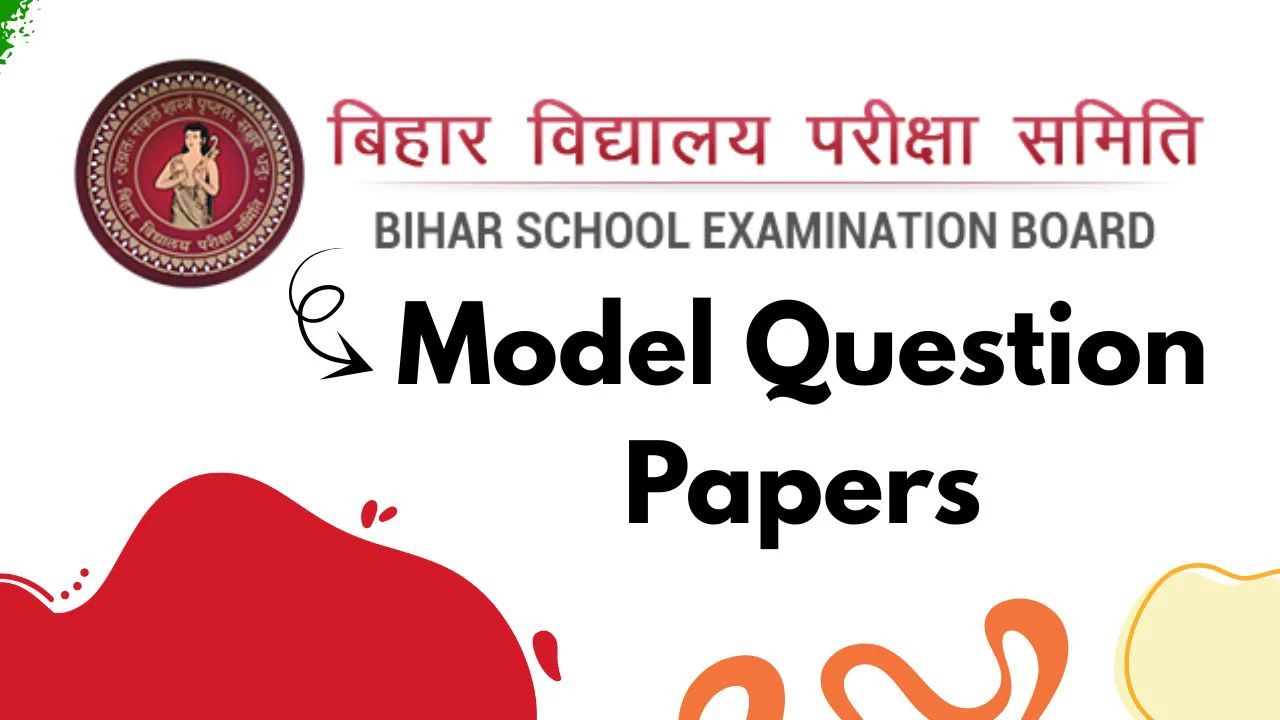CBSE Class 9 Computer Application Syllabus
CBSE Class 9 plays a major role in building a strong foundation for CBSE Class 10 board exams. The officials have designed the Class 9 Computer Applications Syllabus as per the guidelines of the CBSE board. The main objective of the CBSE Syllabus for Class 9 Computer Applications is to familiarise the students with the basics of computers.
CBSE Class 9 Computer Application Syllabus
Before getting into the details on CBSE Syllabus for Class 9 Computer Applications Syllabus, let’s have an overview of the list of units and distribution of marks from the following table:
| Unit No. | Unit Name | Marks |
| 1. | Basics of Information Technology | 20 |
| 2. | Cyber safety | 15 |
| 3. | Office Tools | 15 |
| 4. | Lab Exercises | 50 |
| Total | 100 |
CBSE Class 9 Computer Application Syllabus For Basics of Information Technology
- • Computer Systems: characteristics of a computer, components of a computer system – CPU, memory, storage devices and I/O devices
- • Memory: primary (RAM and ROM) and secondary memory
- • Storage devices: hard disk, CD ROM, DVD, pen/flash drive, memory stick
- • I/O devices: keyboard, mouse, monitor, printer, scanner, web camera
- • Types of software: system software (operating system, device drivers), application software including mobile applications
- • Computer networking: Type of networks: PAN, LAN, MAN, WAN, wired/wireless communication, Wi-Fi, Bluetooth, cloud computers (private/public)
- • Multimedia: images, audio, video, animation
CBSE Syllabus For Class 9 Computer Applications For Cyber Saftey
- • Safely browsing the web and using social networks: identity protection, proper usage of passwords, privacy, the confidentiality of information, cyberstalking, reporting cybercrimes
- • Safely accessing websites: viruses and malware, adware
CBSE Class 9 Computer Application Syllabus For Office Tools
- • Introduction to a word processor: create and save a document.
- • Edit and format text: text style (B, I, U), font type, font size, text colour, alignment of text. Format paragraphs with line and/or paragraph spacing. Add headers and footers, numbering pages, grammar and spell check utilities, subscript and superscript, insert symbols, use print preview, and print a document.
- • Insert pictures, change the page setting, add bullets and numbering, borders and shading, and insert tables – insert/delete rows and columns, merge and split cells.
- • Use auto-format, track changes, review comments, use drawing tools, shapes and mathematical symbols.
- • Presentation tool: understand the concept of slide shows, basic elements of a slide, different types of slide layouts, create and save a presentation, and learn about the different views of a slide set – normal view, slide sorter view and hand-outs.
- • Edit and format a slide: add titles, subtitles, text, background, watermark, headers and footers, and slide numbers.
- • Insert pictures from files, create animations, add sound effects, and rehearse timings.
- • Spreadsheets: concept of a worksheet and a workbook, create and save a worksheet.
- • Working with a spreadsheet: enter numbers, text, date/time, series using autofill; edit and format a worksheet including changing the colour, size, font, text alignment; insert and delete cells, rows and columns. Enter a formula using the operators (+,-,*, /), refer to cells, and print a worksheet.
- • Use simple statistical functions: SUM (), AVERAGE (), MAX (), MIN (), IF () (without compound statements); embed charts of various types: line, pie, scatter, bar and area in a worksheet.
CBSE Class 9 Computer Application Syllabus For Lab Exercises
- • Browser settings for a secure connection
- • Working with the operating system: Navigation of the file system using a mouse and keyboard.
- • Word processing: create a text document; create a letter, report, and greeting card.
- • Create a text document with figures in it. It should describe a concept taught in another course.
- • Discuss the following in a text document about the basic organisation of a computer: CPU, memory, input/output devices, hard disk.
- • Create a text document in an Indian language other than English.
- • Create a presentation.
- • Create a presentation with animation.
- • Include existing images/ pictures in a presentation.
- • Animate pictures and text with sound effects in a presentation
- • Create a simple spreadsheet and perform the following operations: min, max, sum, and average.
- • Create different types of charts using a spreadsheet: line, bar, area and pie.









